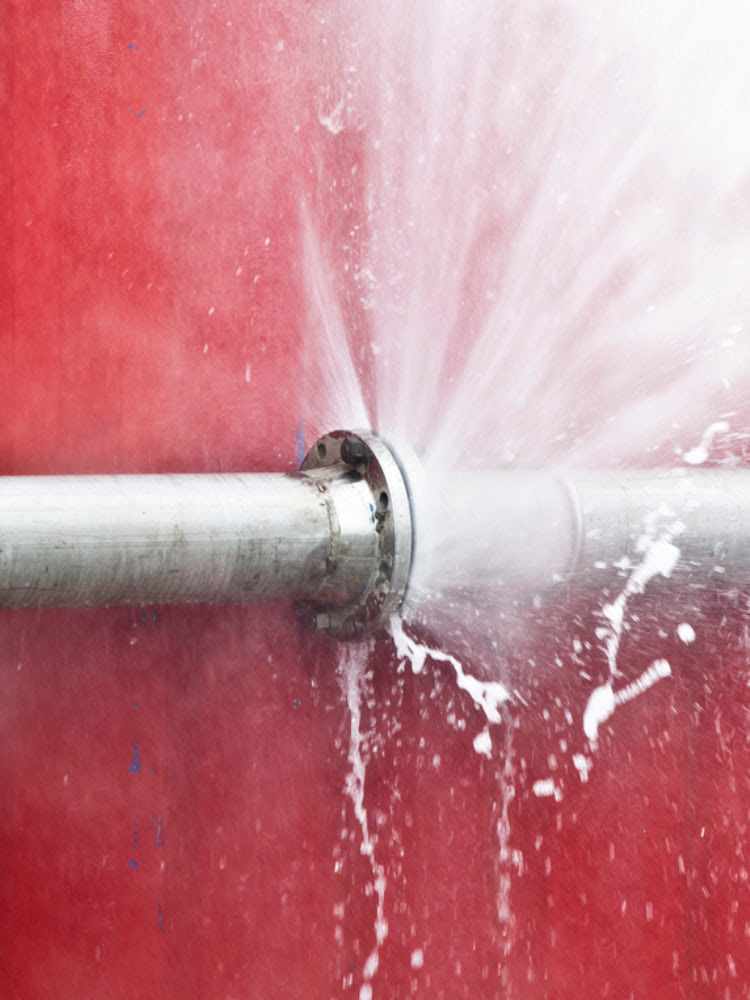Your Home's Common Common Factors of Leakage: In-Depth Analysis
Your Home's Common Common Factors of Leakage: In-Depth Analysis
Blog Article
Are you searching for selective information on How to detect water leaks in your home?

Leaks not only create waste of water however can likewise create unneeded damage to your house as well as advertise undesirable natural development. By looking and also comprehending for day-to-day situations that trigger leaks, you can safeguard your house from future leakages and unneeded damages.
Immediate temperature changes.
Extreme temperature level changes in our pipes can create them to increase and also get all of a sudden. This growth as well as contraction might create fractures in the pipes, especially if the temperature level are below freezing. If you kept an eye on just how your plumbing functions, it would be best. The visibility of the previously stated conditions often shows a high danger.
Corroded water supply
As time passes by, your plumbing system ages as well as corrosion such as corrosion might begin gnawing the pipelines. This could be the root cause of discoloration or bending on your pipes. This asks for an evaluation with your plumber promptly. If our plumbing system is old, take into consideration changing the pipes considering that they go to a greater risk of corrosion than the more recent versions.
Defective Pipeline Joints
The point at which your pipes attach is frequently the weakest web link in the waterline. Pipeline joints can weaken over time, leading to water leakages. The bulk of pipeline joints are not easily visible. If you have noisy pipelines that make ticking or banging sounds, especially when the hot water is switched on, your pipeline joints are possibly under a great deal of stress. It is suggested to have your plumber evaluate your system yearly.
Encroaching roots
Many water leakages start outside the home instead than inside it. You might observe damp patches or sinkholes in your lawn, and also that might imply that tree origins are attacking water lines causing water to seep out.
Poor Water Connectors
At times, a leak can be caused by loose hose pipes and pipelines that supply your devices. In situation of a water connections leakage, you may notice water running straight from the supply line or puddles around your home appliances.
Clogged Drains
Blocked drains pipes may be bothersome and also inconveniencing, but they can often wind up causing an overflow causing burst pipes. Keep removing any type of products that may decrease your drains pipes that could block them to stay clear of such hassles.
All the above are root causes of leaks but not all water leaks arise from plumbing leakages; some leakages could come from roofing system leaks. All leakages must be repaired immediately to avoid water damages.
Leaks not just create waste of water yet can also cause unnecessary damages to your home and advertise undesirable organic development. By looking and also comprehending for everyday situations that trigger leakages, you can protect your residence from future leaks and unneeded damage. Today, we will certainly look at six leakage causes that might be causing your pipes to trickle.
At times, a leak can be triggered by loosened hoses as well as pipelines that supply your home appliances. In instance of a water links leak, you may observe water running straight from the supply line or pools around your appliances.
How To Check For Water Leak In Your Home
How To Check for Leaks
The average household's leaks can account for nearly 10,000 gallons of water wasted every year and ten percent of homes have leaks that waste 90 gallons or more per day. Common types of leaks found in the home are worn toilet flappers, dripping faucets, and other leaking valves. These types of leaks are often easy to fix, requiring only a few tools and hardware that can pay for themselves in water savings. Fixing easily corrected household water leaks can save homeowners about 10 percent on their water bills.
To check for leaks in your home, you first need to determine whether you're wasting water and then identify the source of the leak. Here are some tips for finding leaks:
Take a look at your water usage during a colder month, such as January or February. If a family of four exceeds 12,000 gallons per month, there are serious leaks.
Check your water meter before and after a two-hour period when no water is being used. If the meter changes at all, you probably have a leak.
Identify toilet leaks by placing a drop of food coloring in the toilet tank. If any color shows up in the bowl after 10 minutes, you have a leak. (Be sure to flush immediately after the experiment to avoid staining the tank.)
Examine faucet gaskets and pipe fittings for any water on the outside of the pipe to check for surface leaks.
Undetected water leaks can happen without the home or business owner even realizing. If you suspect a water leak, but not able to find the source. It is time to contact a professional water leak detection service, The Leak Doctor.
How To Find a Water Leak In Your Home
https://www.leakdoctor.com/blog/How-To-Check-For-Water-Leak-In-Your-Home_AE197.html

Do you enjoy reading up on Most Common Causes of Leaky Pipes? Place a remark directly below. We would be pleased to know your views about this blog post. We hope to see you back again before long. Sharing is nice. You never know, you might be doing someone a favor. Thank you for going through it.
Need fast action? Dial. Report this page